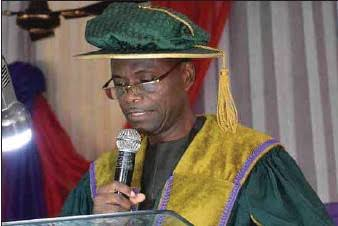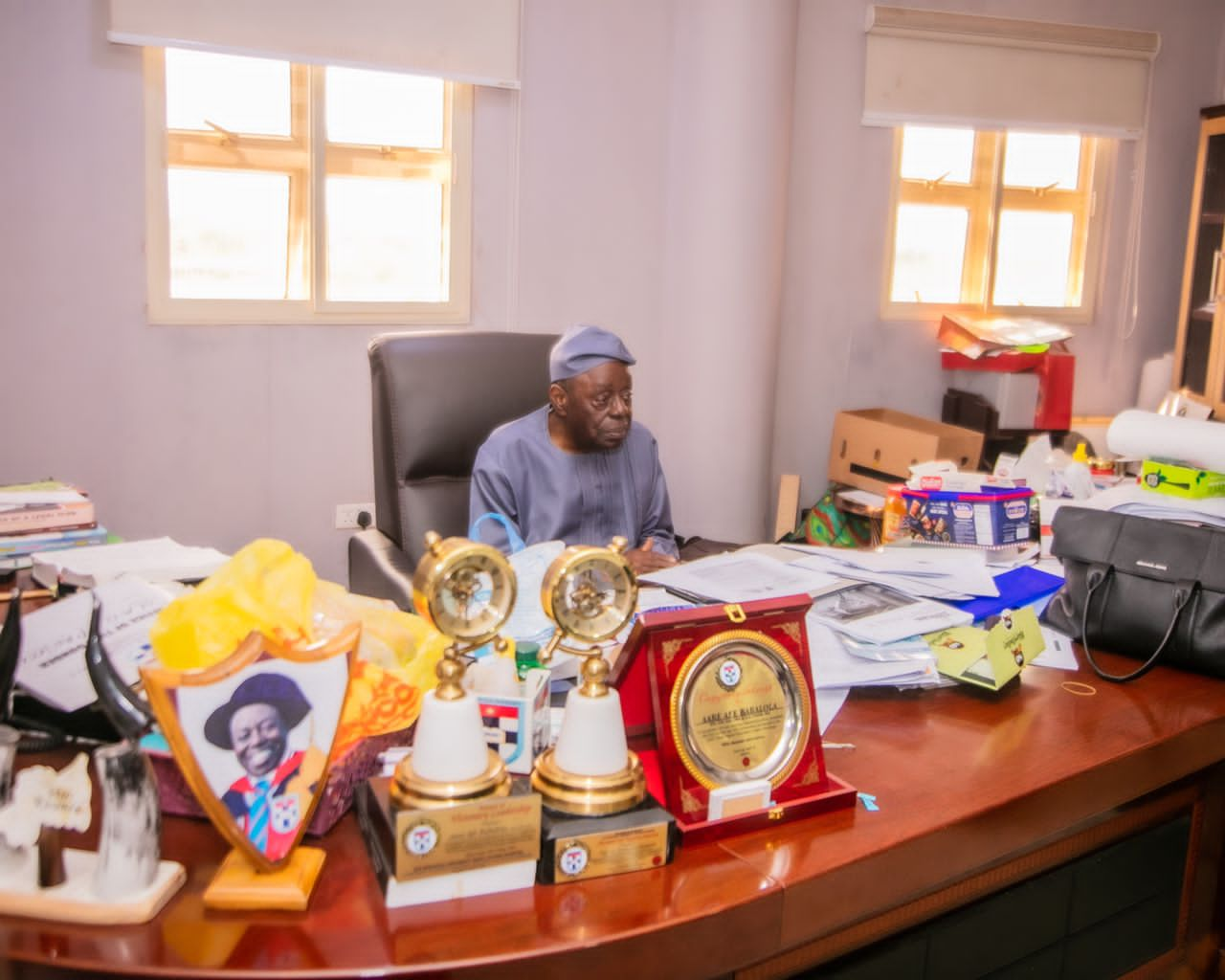Nigerian researcher, Linda Onwubuya, has called for stronger institutional and policy support to advance Science, Technology, Engineering, and Mathematics (STEM) education in the country, warning that inadequate infrastructure and mentorship continue to undermine Nigeria’s scientific potential.
Speaking on the urgent need to nurture young innovators, Onwubuya emphasised that “supporting students in STEM is not just about academics, it’s about building Nigeria’s future.”
According to her, Nigeria’s education system is yet to create the enabling environment needed to harness the creativity of its young population. “Our nation is full of bright, curious minds,” she said, “but too many of them fall through the cracks because of poor facilities, limited mentorship, and systemic neglect.”
Onwubuya observed that many secondary schools across the country still operate without functional laboratories or adequately trained teachers, leaving students ill-prepared for university-level science and engineering programmes. “Students arrive at universities having memorised formulas but without ever experimenting or solving real-world problems,” she explained, adding that this disconnect makes STEM appear abstract and inaccessible, especially to those from rural or low-income backgrounds.
She also highlighted gender and representation gaps as major concerns. “A young girl in a village may love mathematics, but if she never meets a female engineer or scientist, she may never believe such a path is for her,” she noted. “Representation matters — mentorship matters.”
Drawing from her comparative studies between Nigeria and the United States, Onwubuya proposed a reform framework anchored on three pillars — access, support, and relevance.
Under access, she called for investment in teacher training, curriculum reform, and laboratory infrastructure. “Students need inquiry-based learning environments that encourage curiosity and creativity,” she said, while urging partnerships with private organisations and non-profits to establish community-based STEM labs in underserved regions.
She identified academic and emotional support as equally vital to student success. “Success in STEM is not just about intelligence; it’s about confidence, belonging, and persistence,” she said, advocating for mentorship networks, peer tutoring, and alumni-led initiatives to build a stronger culture of collaboration.
Onwubuya added that technology could play a transformative role in closing learning gaps. “AI-powered platforms can identify learning challenges and provide personalised feedback,” she noted, but cautioned that “such tools must promote inclusion rather than widen inequalities.”
To make STEM more engaging, she called for programmes linking science education with real-life problem-solving. “Let students build renewable energy solutions for their communities or develop mobile apps for healthcare,” she said. “When STEM connects to lived experiences, it becomes meaningful.”
She further encouraged partnerships between universities and industries to create internships, research collaborations, and innovation challenges that integrate theory with practice.
Reflecting on her own academic experience, Onwubuya said she had seen how effective support systems transform outcomes. “In environments where mentorship and hands-on learning are prioritised, students thrive,” she remarked. “Nigeria has the same potential — our young people only need the right environment to succeed.”
She concluded with a call for sustained national commitment to STEM development. “By empowering STEM learners today,” she affirmed, “we secure our nation’s place in the global knowledge economy tomorrow. The time to act is now.”






